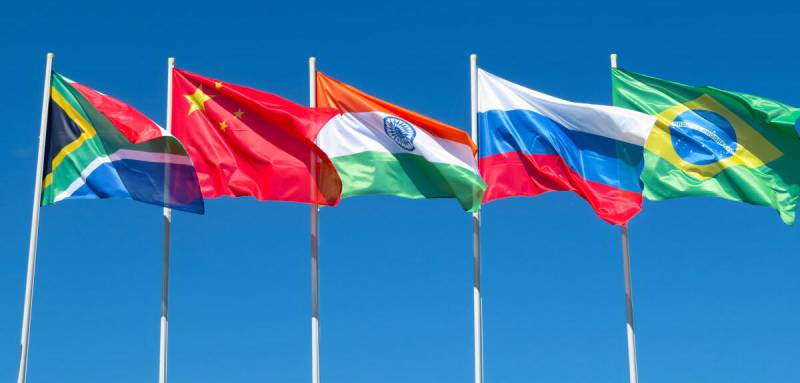Developing countries are cutting their ties to the US dollar and searching for other sources of funding as a result of the US’s harsh sanctions. By bridging the gap, BRICS helps other developing countries to be self-sufficient in their trade with the US dollar. As the globe looks toward dedollarization to boost its local currencies and native economies, sanctions could prove costly for the United States.
Following de-dollarization and sanctions, another country has formally ditched the US dollar in the oil trade. The choice to use local currencies rather than the US dollar for cross-border transactions is directly inspired by the BRICS model.
BRICS: Venezuela abandons US dollar for oil trading
Venezuela’s state oil company PDVSA plans to use a digital currency instead of the US dollar to settle oil transactions. The move comes as the United States reimposed sanctions on Venezuela, making trade more difficult for the Latin American country. The US has also made it difficult to export oil, and Venezuela is now considering paying in digital currencies. Venezuela has also applied to join BRICS and hopes to join.
“We have different currencies, according to what is stated in contracts,” Venezuelan Oil Minister Pedro Telechea told Reuters. He added that some contracts stipulate that payment methods include digital currencies. Therefore, the US dollar is no longer needed to settle oil trade with Venezuela, a departure from the BRICS ideal.
Venezuela has formally submitted its application to join BRICS and hopes to be invited to the October summit. The 16th Summit will be held this year in Russia’s Kazan region.
- World Meditation Day 2024: The Emotional Growth Benefits of Mindfulness for Kids - December 21, 2024
- Bryson DeChambeau will make international history in his first tournament of the year - December 21, 2024
- Disney’s ‘Mufasa: The Lion King’: Who Is the Voice of the Legendary King? - December 21, 2024





